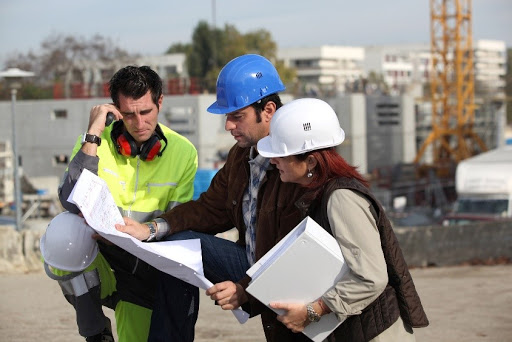Course Details
Your Growth, Our Mission

Course Description
The Training Course Will Highlight ?
The course is to provide a teaching and learning experience for the candidates such that they obtain an in-depth knowledge at an advanced level of a wide variety of topics within the field of concrete technology.
Training Objective
The course is to provide a teaching and learning experience for the candidates such that they obtain an in-depth knowledge at an advanced level of a wide variety of topics within the field of concrete technology.
Target Audience
Construction Engineers, Senior Construction Engineers, Construction Supervisors, Construction General Supervisors, Construction Project Managers, Engineering Technologists, Supervision Engineer, Inspection Engineers, Civil Inspectors, Foremen, Design Structural Engineers, Planners, Structural Engineers, Material Specialists, Quality Control and Quality Assurance Experts, Architects, Supervision Engineers, Team Leaders, Site Officers and Managers, Mechanical Engineers, Technical Professionals, Field Production Supervisor, Operation Engineers, Clients Representatives
Training Methods
This interactive Training will be highly interactive, with opportunities to advance your opinions and ideas and will include;
- Lectures
- Workshop & Work Presentation
- Case Studies and Practical Exercise
- Videos and General Discussions
Daily Agenda
Course Outline:
- Cements
- Additions to Concrete
- Admixtures
- Aggregates
- Fresh Concrete
- Setting and Hardening Concrete
- Properties of Hardened Concrete
- Durability of Concrete and Concrete Construction
- Mix Design
- Special Concretes
- Special Processes and Technology for Particular Types of Structure
- Ready-Mixed Concrete
- Exposed Concrete Finishes
- Repairing Concrete
- Formwork
- Concrete Plant
- Precast Concrete
- Concrete Roads
- Industrial Floors
- Principles of Reinforced and Pre-Stressed Concrete
- Test Methods and Equipment
- Quality Concepts
- Quality Control
- Statistics
- Standards
- Specifications and Codes of Practice
- Assessment of Concrete Construction
Accreditation
BTS attendance certificate will be issued to all attendees completing minimum of 80% of the total course duration.
Quick Enquiry
Request Info
Related Courses
Your Growth, Our Mission

